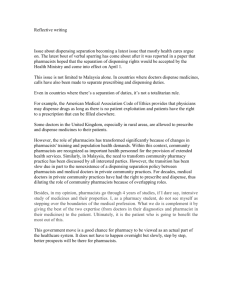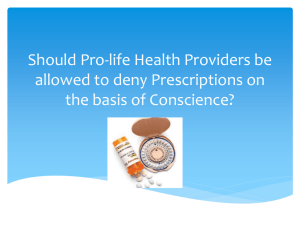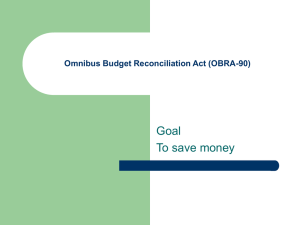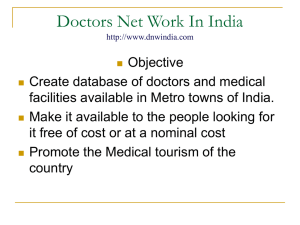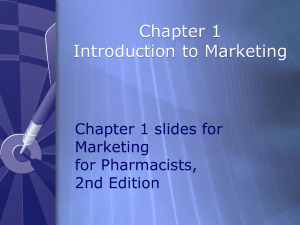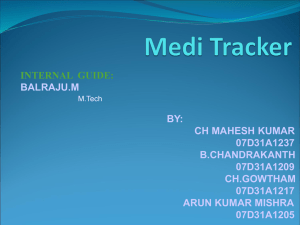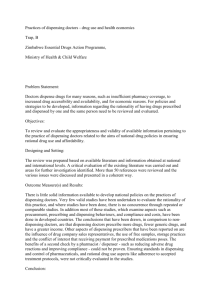report
advertisement
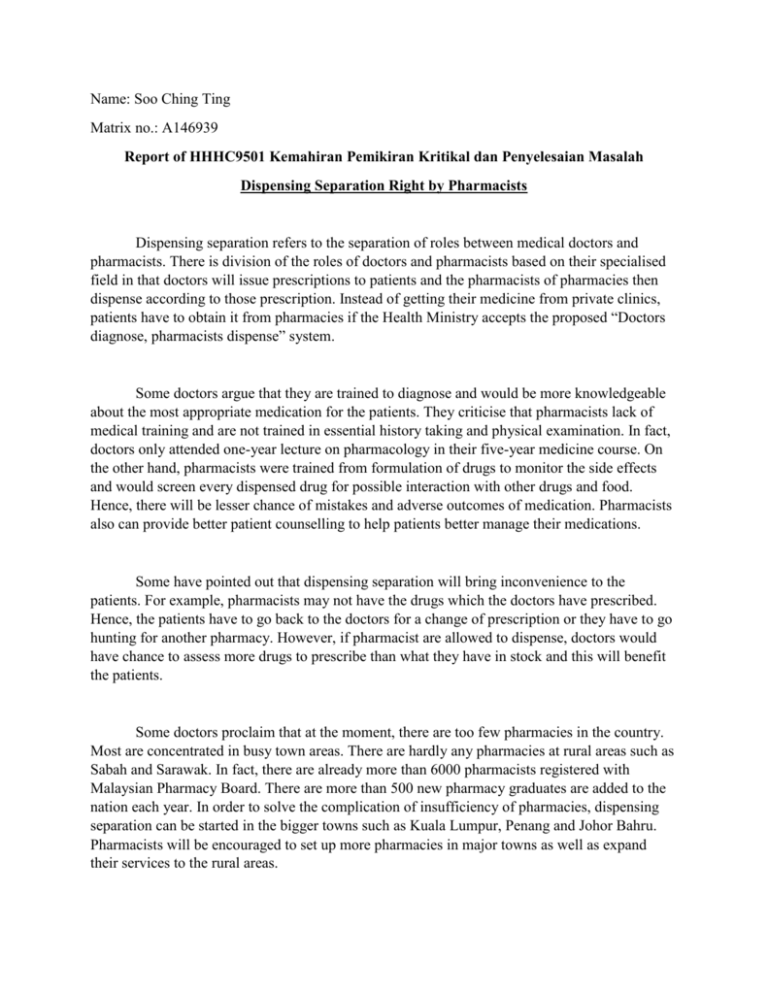
Name: Soo Ching Ting Matrix no.: A146939 Report of HHHC9501 Kemahiran Pemikiran Kritikal dan Penyelesaian Masalah Dispensing Separation Right by Pharmacists Dispensing separation refers to the separation of roles between medical doctors and pharmacists. There is division of the roles of doctors and pharmacists based on their specialised field in that doctors will issue prescriptions to patients and the pharmacists of pharmacies then dispense according to those prescription. Instead of getting their medicine from private clinics, patients have to obtain it from pharmacies if the Health Ministry accepts the proposed “Doctors diagnose, pharmacists dispense” system. Some doctors argue that they are trained to diagnose and would be more knowledgeable about the most appropriate medication for the patients. They criticise that pharmacists lack of medical training and are not trained in essential history taking and physical examination. In fact, doctors only attended one-year lecture on pharmacology in their five-year medicine course. On the other hand, pharmacists were trained from formulation of drugs to monitor the side effects and would screen every dispensed drug for possible interaction with other drugs and food. Hence, there will be lesser chance of mistakes and adverse outcomes of medication. Pharmacists also can provide better patient counselling to help patients better manage their medications. Some have pointed out that dispensing separation will bring inconvenience to the patients. For example, pharmacists may not have the drugs which the doctors have prescribed. Hence, the patients have to go back to the doctors for a change of prescription or they have to go hunting for another pharmacy. However, if pharmacist are allowed to dispense, doctors would have chance to assess more drugs to prescribe than what they have in stock and this will benefit the patients. Some doctors proclaim that at the moment, there are too few pharmacies in the country. Most are concentrated in busy town areas. There are hardly any pharmacies at rural areas such as Sabah and Sarawak. In fact, there are already more than 6000 pharmacists registered with Malaysian Pharmacy Board. There are more than 500 new pharmacy graduates are added to the nation each year. In order to solve the complication of insufficiency of pharmacies, dispensing separation can be started in the bigger towns such as Kuala Lumpur, Penang and Johor Bahru. Pharmacists will be encouraged to set up more pharmacies in major towns as well as expand their services to the rural areas. Some doctors remark that there are 24-hour clinics in the nation but there are no 24-hour pharmacies. What happens in emergencies, when a doctor has to give a drug immediately? Even then, many patients are seen going to the emergency departments of hospitals instead. Furthermore, some doctors raise an issue that dispensing separation will incur greater costs to the patients and burden them. They claimed that doctors have to charge a higher consultation fee to be able to maintain their clinics as they cannot sell medication anymore. In fact, doctors would make more saving if dispensing separation as they will not have to employ and train dispensing staff thus reducing staffing costs. Besides, there are patients complain that doctors tend to prescribe a lot of medication where they can earn the profits from. Studies by Mohamed Azmi Hassali, a professor at Universiti Sains Malaysia, show evidence of drug wastage and higher costs imposed by doctors because of the lack of dispensing separation. In addition, patients do not have access to prescription information about the type and amount of medication they take because they do not receive a prescription slip. Hence, dispensing separation can reduce overuse and misuse of medications, improve quality and safety drugs and enhance patients’ right to know about their medication. Some doctors comment that dispensing separation will also increase the price of medication because pharmacists will have to make profit from their sales. However, in dispensing separation, by means of bulk purchase and sales especially by the few giant pharmacy chains that dominate the market, the drugs costs and sales prices would drop at the retail outlets. The federal government should set up a legal mechanism that work to control the prices of medications and prevent unethical medical professionals from profiting from the new system. In conclusion, no one can doubt the dispensing ability of pharmacists but a well-planned system must be implemented carefully and in stages to ensure the welfare of patients.
